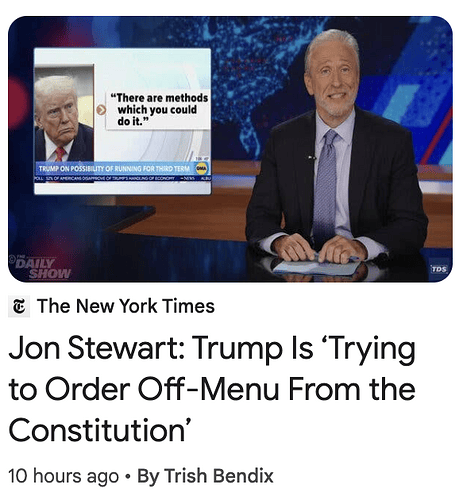Not quite. Note what Solzhenitsyn wrote way back in Autumn of 1978 (Between Two Millstones, Vol. 1):
The Ukrainian question is among the most dangerous issues for our future. It could deal us a bloody blow at the very hour of liberation from the Communist yoke, and strategists on both sides are ill-prepared for this. I feel the burden of this issue on my shoulders, largely because of my heritage. I sincerely wish the Ukrainians happiness, and would like to work together with them, putting all enmity aside with a view to solving this bitter issue: I would like to bring reconciliation to this dangerous split. Furthermore, I was friends with people from western Ukraine in the Ekibastuz Special Camp where I witnessed their unrelenting spirit, and I respect the courage with which this manifested itself. I never sensed the slightest rift between us in our solidarity against the Soviet regime. I believe that in Ukraine there are still many of my comrades from the camps who will facilitate a future conversation. It will not be any easier to speak to the Russians. It is of little use to try to make the Ukrainians see that we all, in spirit and origin, hail from Kiev, nor do the Russians want to envision that a different people live along the Dnieper River. The Bolsheviks have sown resentment and discord of all kinds: these killers inflamed and cut wounds deeper wherever they went, and when they leave we will be left in a state of decay. It will be extremely difficult to argue prudence. But I will put into it whatever voice and weight I have. Come what may, there is one thing of which I am certain: If, God forbid, there is a war between Russia and Ukraine, I will have nothing to do with it, nor will I permit my sons to join.
Then, in Between Two Millstones Vol. 2 written over a decade later, in the time of the Iron Curtain’s fall, this same truth about Ukraine, combined with wonderful wisdom which Reformed men today repudiate:
I suggested that political life is not life’s most important aspect (but that was what people were babbling about so animatedly, all over the country), and that a pure atmosphere in society cannot be created by any juridical legislation, but by moral cleansing (and by the repentance of countless major and minor transgressors); and that true stability in society cannot be achieved by any struggle, and not even by balancing party interests—only by people rising to the principle of self-limitation. And by each of us working skillfully in the position he has.
In separate chapters I analyzed the fundamental issues: local life, the provinces, land ownership, and school and family. And it was the discussion of nationhood that presented the most acute difficulty, especially in the case of the Ukrainian nationalists, who were for the most part from Galicia and had, therefore, lived for centuries outside Russian history—but now were actively trying to swing public opinion in all Ukraine round to their side. I knew they hated the moskals,38 but I appealed to them as to brothers: it was my last hope of making them see reason. I was challenging them on their weakest point: ostensibly anti-Communist, they had happily grasped the poisoned chalice of Lenin’s borders;39 ostensibly democrats, they feared, more than anything else, allowing parents free choice of the language in which their children would be taught. —My proposal was that eleven republics of the Union be given, immediately and unconditionally, the freedom to separate, and that only the friendliest of efforts be made to preserve the union of four of them—the three Slavic republics and Kazakhstan.
This was only the first part of the booklet, dealing with the present. (I recognize that in my emotional exposition—but a calm tone regarding people’s troubles could have been taken as indifference on the part of someone speaking from afar—I allowed myself to use the word “we” without defining, absolutely precisely, its triple function: “we” as everyone, the human race; “we” as inhabitants of the USSR; and “we” as Russians.)
And a couple sentences later:
democracy in its parliamentary form is always doomed to be shaped by the money men… the way out of that deformity is a “democracy of small areas”
Subsidiarity.


